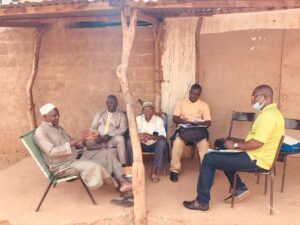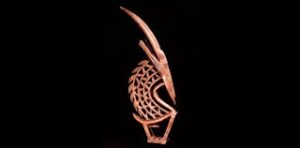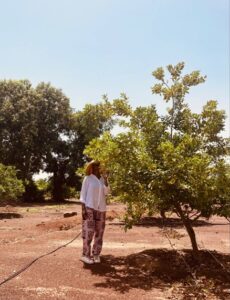
The beginning of the week was frustrating. The cycle of going home early due to the lack of work assigned to me perpetuated for three days. I felt like my time and money were being wasted as I would catch a taxi to work every morning to find out that there was no work for me to do. Although my preceptor-student meeting was coming up on Thursday, I decided to approach my supervisor on Wednesday with my concerns. I first asked my supervisor if he’d be joining the student-preceptor meeting set for Thursday. He expressed that he’d like to attend if he gets invited by the head director. Due to my uncertainty about his attendance at the preceptor-student meeting, I decided to share my meeting content with him because the information would be useful to him when considering future international interns. I shared with him some pros and cons I had experienced thus far at Mali Health and possible solutions for future interns. The pros I shared with him were how pleased I was with the work Mali Health was conducting and how I loved the work atmosphere and the individual characters of my colleagues. The cons I shared with him were how I was displeased with the slow pace of the work being conducted and how I felt like my time and money were being wasted every time I came into work and left early due to the lack of work being assigned to me. I explained to him how I expected to contribute to the Sustainable Community Project (SCP) every day, but instead, I come to work early and leave early due to the lack of work being conducted. I thought sharing my thoughts and feelings with him would make him upset, but instead, he listened and smiled with acknowledgment. After expressing my thoughts with him, he explained to me how Mali Health was backed up in work due to the hiccup we experienced last week with the office being shut down. He said that currently he and the financing team were working towards approving the finances of the SCP project and that once the financing was complete we could move forward with the project. He also acknowledged my concerns by agreeing with me about the slow pace of the work. Thus, together we came up with several solutions to avoid this in the future. Together, we agreed that interns should be assigned weekly assignments ahead of time that focus on their projects. We also agreed that the workload should be average with several onboarding meetings held before their arrival to Mali, thus allowing Mali Health and the student to plan their weekly activities together. After speaking with my supervisor, I was excited for my preceptor-student meeting as I was initially nervous to open up and be honest with my team. My dialog with my supervisor allowed us to grow closer as a team with a level of respect that was previously absent.
Embrace
Let’s Get To Work
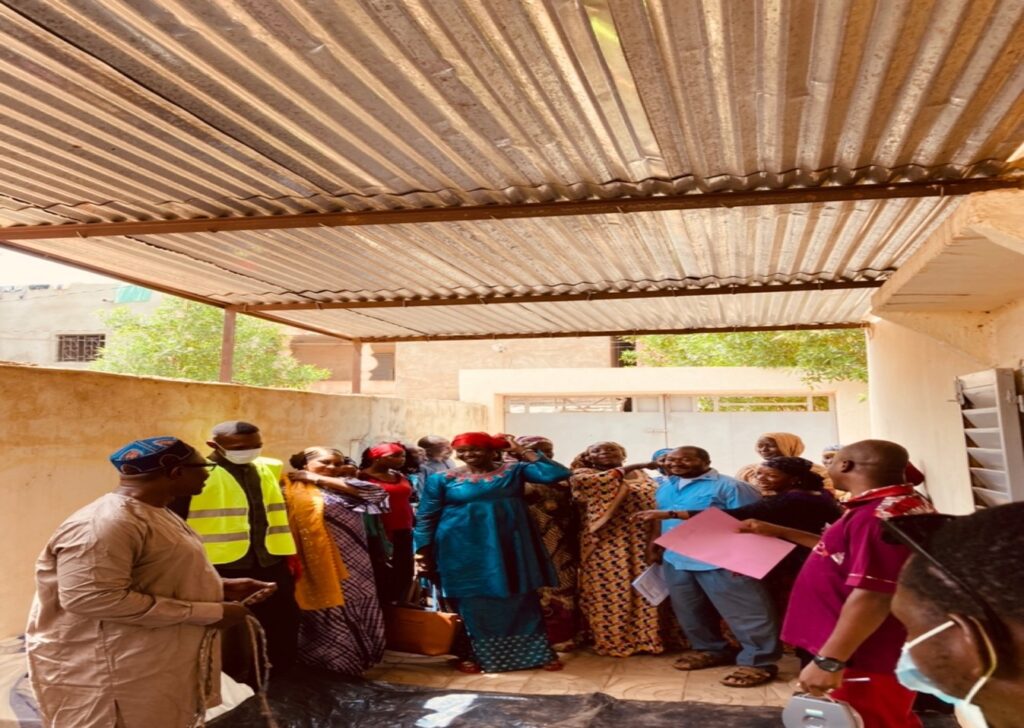
On Friday, we finally started working on the Waste Composition Analysis by hosting an orientation with our team of investigators responsible for conducting the in-the-field research on physical waste generation by households, and marketplaces in our three target peri-urban communities. The orientation was successful, and we were able to identify possible challenges with our strategic plan for conducting the in-the-field research through demonstrations on how to analyze waste generations. During the orientation, I loved how the Mali Health team and the team of investigators engaged with each other. There was this familiarity between them like that of a family. Seeing this was humbling as this is not something I feel is highly valued in the United States. It’s rare to work with an organization or company that centers its success around the chemistry of its employees.
May Your Trash Be My Treasure
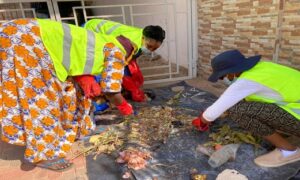
Our goal at Mali Health is to turn waste into a profitable commodity. To do so we borrowed the Sustainable Community Project from Green Africa Youth Organization (GAYO) in Ghana. Like GAYO, we want to work with peri-urban communities to convert everyday trash into reusable products. But our very first step towards achieving our goal is to conduct research. Our research is composed of five analyses, three of which I am currently working on; waste generation analysis, social norms analysis, and stakeholder analysis.
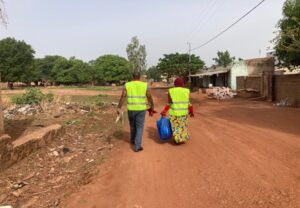
This week we focused on the waste generation analysis as it is the most time-consuming and physically demanding one. Along with our team of investigators, we went into our target communities–i.e. Sabalibougou, Ciscoroh, and Kalababougou– to physically analyze the waste generated by our participating homes. Investigators were provided with a spreadsheet that categorized the different types of waste that are typically found in waste sacs. Teams of investigators were responsible for adequately weighing the waste sacs and identifying the waste found in the waste sac along with weighting each category of waste found. Later, this information will be used to identify which waste products are recyclable and the total waste per category will be quantified. Through our analyzes, we will understand the types of waste generated by our targeted communities, and how their waste can potentially benefit them.
-Adam


